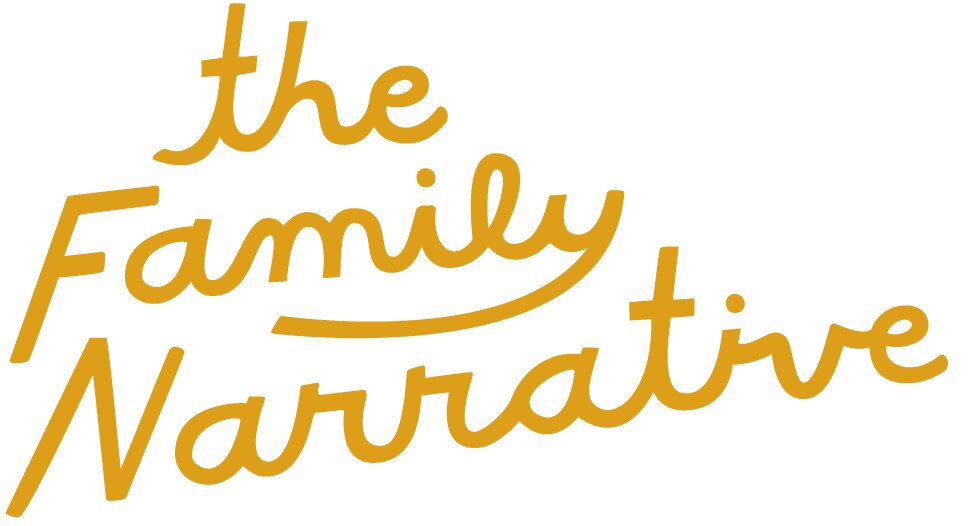Setting goals vs. actually ACHIEVING them
Photo by Annemie Tonken of Megapixie Photography
Achieving your goals requires persistence and patience. It’s challenging no matter who you are, but it’s especially important (and especially hard) as an entrepreneur. We get pulled in a thousand directions, and we don’t have anyone but ourselves to give us that sometimes-needed kick in the butt to stay focused.
There are lots of different strategies to help with this, and ultimately, the best one is the one you stick with, but today I’m going to talk about what I’ve (finally) been able to stick with, and who knows? Maybe this is the right one for you, too.
We humans are different from other animals in that we have the ability to plan (and yes: I realize there is some planning behavior exhibited by other animals, not the least of which is my dear, naughty pooch who plans elaborate escape routes from my backyard). Whereas most animals just move through life passively, reacting to their environments, we humans have the ability to proactively envision our course, set goals, and plan our time accordingly.
Photo by Pia Morris
But that’s not to say we’ve moved too far past our biological ancestry. In many circumstances, we’re as reactive as any animal, and even when we have the best intentions for our goals and our behaviors, we often veer off course (i.e. while writing this blog post I told myself I would NOT scroll Instagram. I’ll give you one guess as to what I just did).
Frustrating, right? Why is it so hard to control those kinds of impulses? Why is procrastinating so alluring, even when we have BIG GOALS WITH A CAPITAL G?
The primal, instinctive part of our brain (the medulla, for my fellow vocab nerds) is to blame. It wants to keep us safe, and to it, the only thing that defines “safe” is what feels good in the moment. And you know what feels good in the moment? Procrastinating. Not going for the run you planned. Binge-watching Housewives instead of reading that political biography that’s been sitting on your nightstand for a month. The medulla is ancient and very powerful, even though our “higher brain” (our prefrontal cortex) knows better.
So what do we do?
photo by Carly Navarrete
Brooke Castillo of the Life Coach School podcast has a metaphor I really like for this situation: she talks about your adult brain and your toddler brain. Your adult brain is where you make the plan to do something you know will serve your best interests a day or a week or a month in advance; then inevitably, when it’s time to actually DO those things, our toddler brains come along and insist that we do just about anything BUT those things.
The key, she says, is to train yourself to obey your adult brain - to trust that when you made that plan, you had better intentions for yourself than whatever it is your toddler brain is having a tantrum about.
Photo by Annemie Tonken
And I love this metaphor because I can SO RELATE to it: I know that when my kids were toddlers and they had fits about some stupid thing (and let’s be real - they’re 13 and 10 now and not a whole lot better), sometimes my instinct was to give in and let it go. And obviously sometimes I did (and still do). But MOST of the time I hold tight to my role as the adult and steer the ship. No, you can’t wear shorts in sub-zero weather, and no, we can’t eat buttered pasta for the 14th meal in a row.
The key is creating a pattern of behavior where you can really trust yourself to follow through on the commitments you make to yourself.
Photo by Jessica Leyco
I have a few practical tips in that regard:
First, make time to plan out your big goals for the year - I like to set around seven or eight - and space their “due dates” out on your calendar over the year.
Next, break each of those big goals into milestones that will move you toward that goal… if the goal were writing a book, the milestones might be chapters or sections. Put those milestones on the calendar as well.
Take each milestone and create a series of actions that will get you from where you are to that milestone. At this point, each individual action should be doable in a few hours at most. Put those on the calendar as well and promise yourself that you will complete each action by its due date.
Finally, write out your big goals and put them somewhere you can see them - by your desk or on your bathroom mirror. Use the physical representation of these end goals to keep your eyes on the prize, and remind yourself that all it takes to achieve them is following your adult brain’s plan… baby steps will get you up the mountain, even if it takes time.
Pro-tip: adding accountability and/or a structured approach to any or all of your goals will make you that much more likely to achieve them!
How do you reach your goals? Any tips or strategies to share? Add them in the comments!





